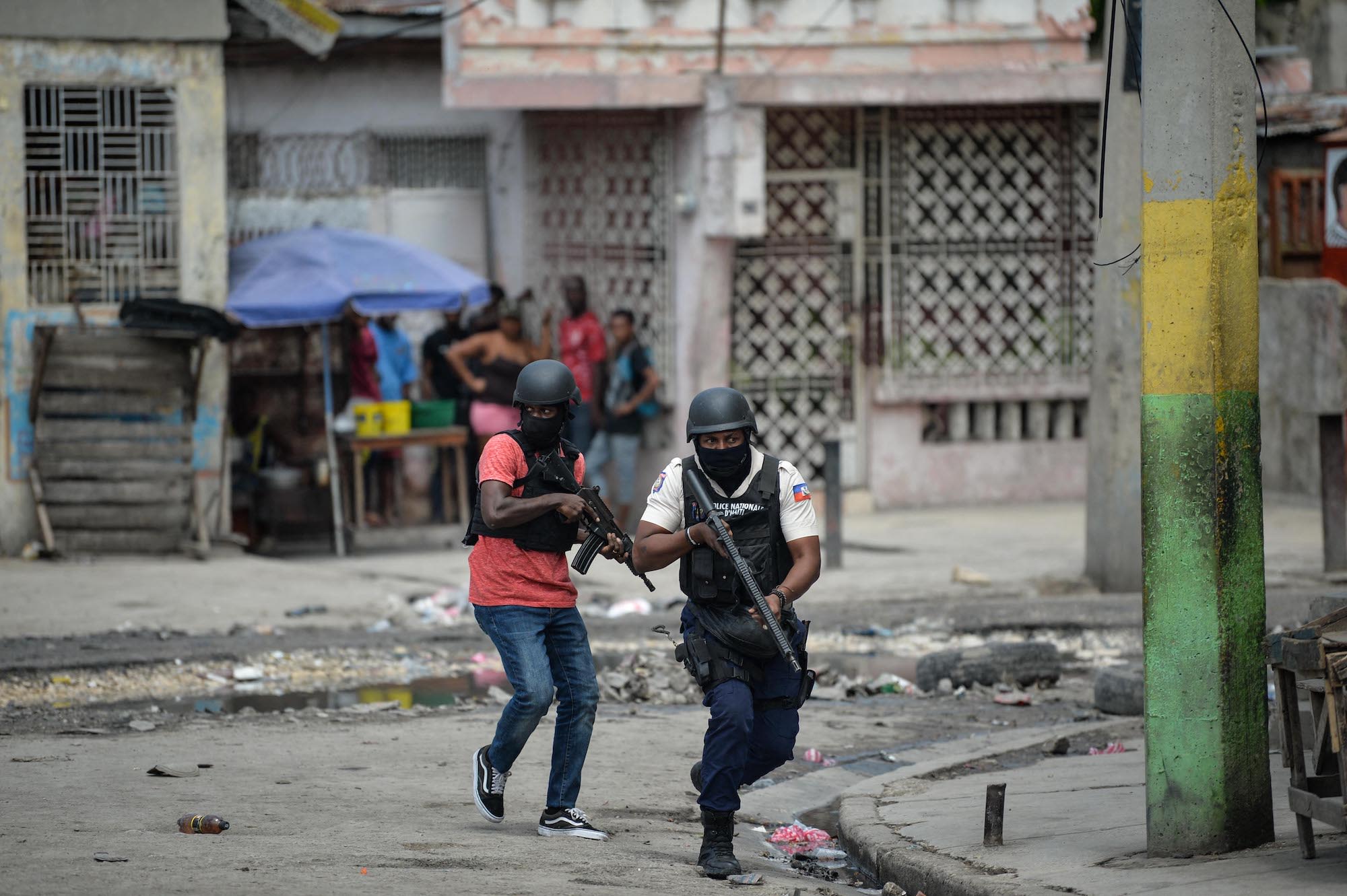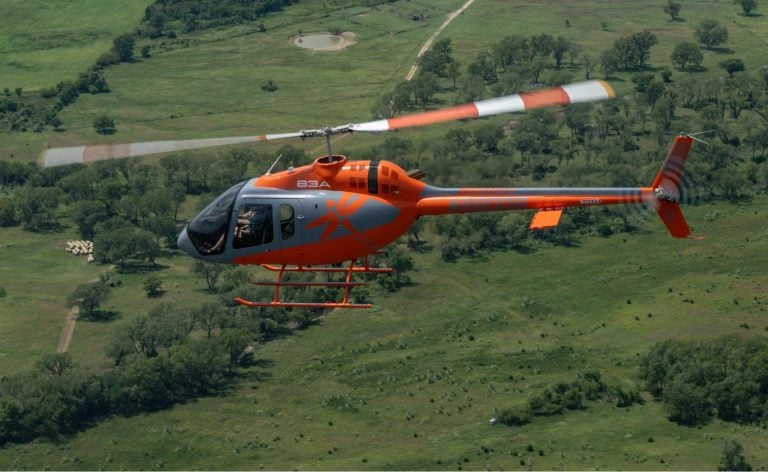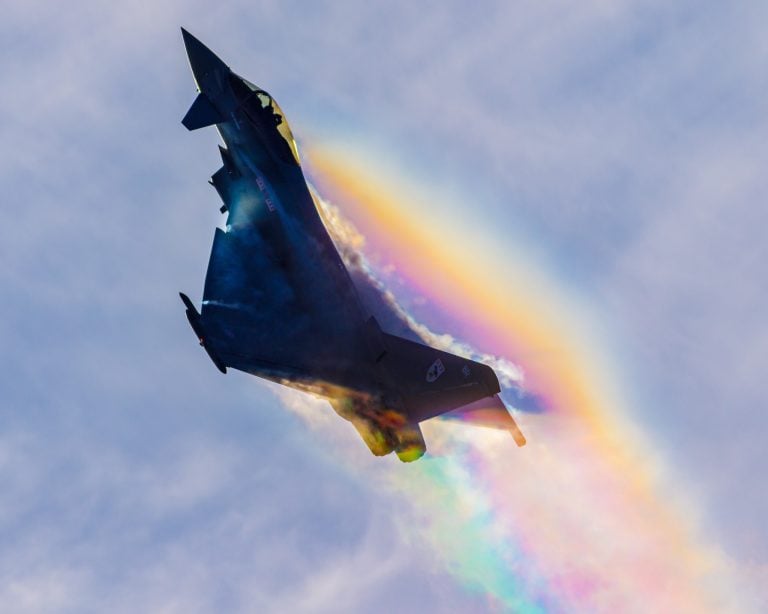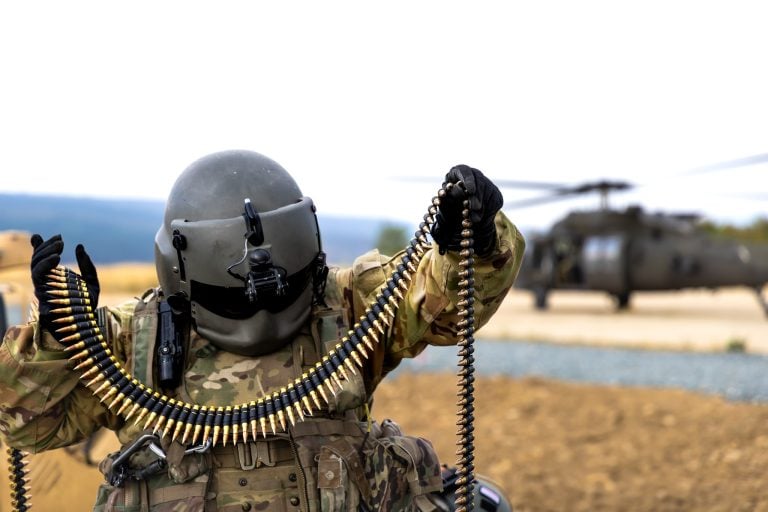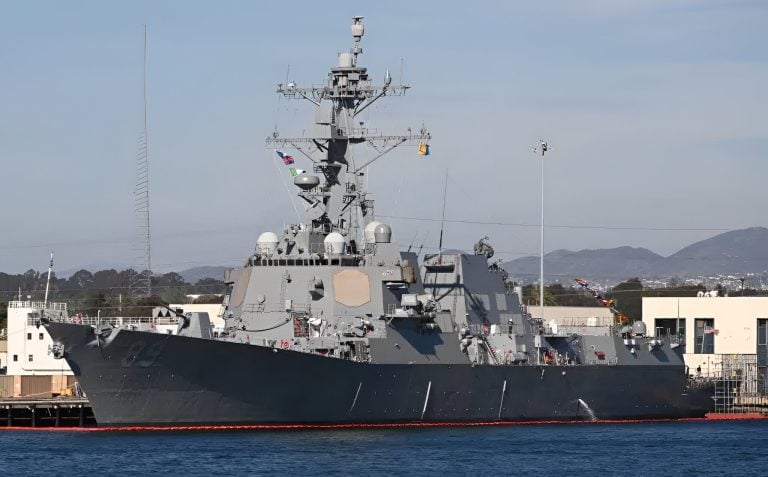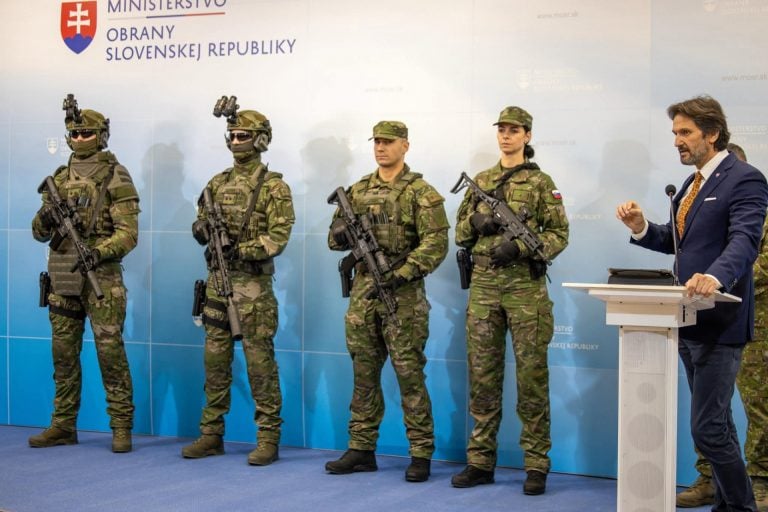The United States has taken a significant step by freezing its financial contributions to a United Nations fund dedicated to a multinational security support mission in Haiti. According to a statement from UN spokesperson Stephane Dujarric, this decision halts $13.3 million in pending aid that was intended to assist the already underfunded Kenya-led force tasked with bolstering security in the troubled Caribbean nation.
Dujarric indicated that the US government formally requested an immediate stop work order regarding their contributions to the trust fund for the Multinational Security Support (MSS) mission. This mission was authorized by the UN Security Council in October 2023, aimed at supporting Haitian authorities in their ongoing battle against powerful criminal gangs that have taken control of large areas of the country.
The funding freeze aligns with the broader objectives of newly elected President Donald Trump’s administration, which has signaled an intent to significantly reduce US overseas aid. This initiative is part of a larger strategy that includes efforts to eliminate the activities of the U.S. Agency for International Development (USAID), a key player in international humanitarian assistance.
In a warning issued in late January, UN Secretary-General Antonio Guterres highlighted the precarious situation in Haiti, stating that the capital, Port-au-Prince, risks being overrun by gangs if the international community fails to enhance support for the security mission. Guterres stressed the urgency for additional financial resources, equipment, and personnel, cautioning that any further delays could lead to the “catastrophic” failure of Haiti’s security institutions, potentially allowing criminal gangs to exert control over the entire metropolitan area.
Haiti’s Foreign Minister, Jean-Victor Harvel Jean-Baptiste, echoed these concerns during a UN Security Council meeting, stating that the nation faces “major difficulties” that pose a threat not just to its population but to the very existence of the state itself. The MSS is not classified as a UN force, but the organization has established a voluntary fund to help finance it, which has raised approximately $110 million—a figure widely regarded as inadequate for the mission’s needs.
To date, roughly 800 of the 2,500 security personnel envisioned for the MSS have been deployed. The US had previously contributed $15 million to the fund, making it the second-largest contributor after Canada, which donated $63 million. So far, $1.7 million of the US funds has been disbursed. Prior to the funding freeze, the Biden administration had also allocated over $300 million in direct support, including funds and equipment such as armored vehicles, to the MSS.
Haiti is currently facing a leadership crisis, lacking both a president and a functioning parliament, and is governed by a transitional entity grappling with rampant violence from criminal gangs, persistent poverty, and numerous other challenges. The impact of these issues is dire; the UN reported that over 5,626 individuals were killed in gang-related violence in Haiti last year, marking an alarming increase of about 1,000 fatalities compared to the previous year. Furthermore, more than one million Haitians have been forced to abandon their homes, tripling the number of displaced individuals from a year ago.
